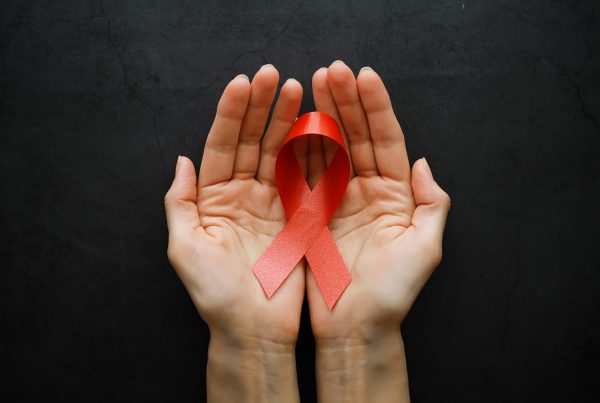According to the World Health Organization (WHO), cervical cancer is the fourth most common cancer in women worldwide, with an estimated 570,000 new cases and 311,000 deaths each year. The highest incidence rates are found in developing countries. In Sri Lanka, the Ministry of Health states that approximately 3,000 new cases of cervical cancer are diagnosed each year, and it is estimated that around 1,500 women die from the disease annually.
An overwhelming majority of 95% of Cervical cancer is primarily caused by the Human papilloma virus, also known as HPV.
Almost every sexually active woman has been exposed to HPV. Sexual assault victimizes young girls to unsolicited sexual interactions putting them at a risk of exposure even if they aren’t sexually active. This expressors the importance of taking steps for prevention and screening from a very young age.
It is normal for the body to clear-off the HPV virus once contracted but unfortunately some women for idiopathic reasons will continue to harbor the virus around their cervix. Immunocompromised patients and smokers also have an increased likelihood of cervical cancer.
Chronic exposure to the virus gradually brings about changes in the cervical epithelium, which in the long-term can turn into cancer.
A pap-smear test will tell your Gynecologist if you are HPV positive and if so, warrant for further investigations to look for precancerous cells.
The onset of cervical cancer is insidious and asymptomatic in the early stages which makes it challenging to diagnose unless incidentally stumbled upon whilst screening.
Once advanced, patients with cervical cancer present with symptoms such as;
– Bleeding after intercourse
– New onset Painful intercourse
– Sensation of pelvic pressure and fullness
– Increased vaginal discharge, occasionally blood stained
Treatment of cervical cancer is tailor made according to if the stage is precancerous, early stage cancer or advanced cancer.
If the diagnosis is made at the stage of dysplasia or precancerous cells, the treatment procedure is uncomplicated, almost pain free and managed at the outpatient clinic level. But beyond the early stage of cancer, the progression to advanced stages is pretty rapid. Aggressive surgeries for advanced cancer are followed by combined chemo-radiotherapy.
But the good news is that blood, sweat and chemo can be prevented by the current preventive vaccines and screening recommendations which are widely available in well -women and outpatient gynecological clinics.
The irony of so many women sacrificing their lives to cervical cancer annually is that we already have a cure that is 99% effective, the vaccine!
The HPV vaccine is mostly efficacious in women who are naïve to the HPV virus but current guidelines stress on getting vaccinated, even if you are sexually active, as early as possible.
Sri Lanka offers the HPV vaccine to school-aged girls at the age of 11 years at MOHs.
Older females can access Gardasil ( quadrivalent ) and Cervarix ( bi-valent) vaccines, available according to affordability in the private sector.
Should a boy be vaccinated against HPV?
Absolutely! Males are the carriers of HPV vaccine and threaten to infect their future sexual partners and unfortunately, HPV also happens to be a cause for penile cancer.
The Pap-smear screening program in Sri Lanka offers one time screening for all women at the age of 35 years or at 45 years , at the well-woman clinics conducted in MOHs, for free.
The Family Health Bureau (FHB), the Family planning Association (FHP) and the National STD/AIDS Control Program (NSACP) also offers the above service at an inexpensive rate.
The WHO recommends that all women between the ages of 30 and 49 have access to cervical cancer screening at least once every three to five years.
So, if you are a woman, is it cervical cancer screening o’clock or half-past vaccination time , yet?
Cancer is unfortunate, debilitating and life-changing not on a positive note.. but if prevention is better than cure, and prevention is possible, why not take the chance?
“ she stood in the storm and when the wind did not blow her away, she adjusted her sails”





